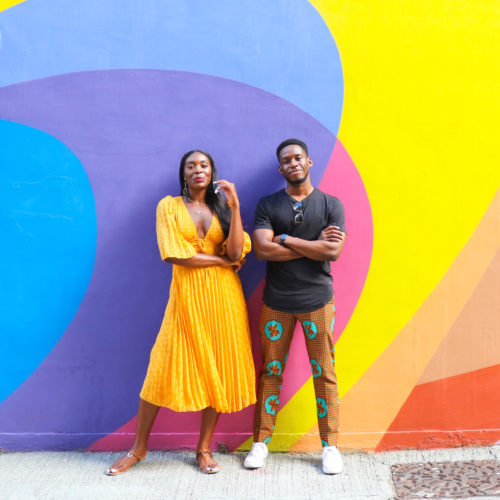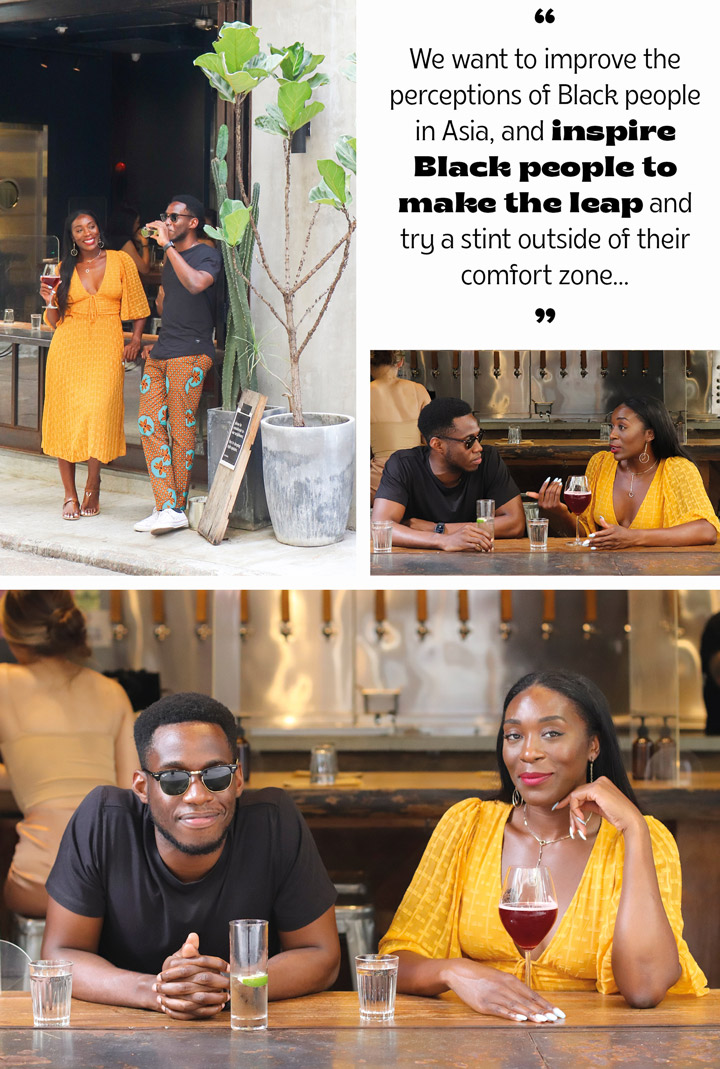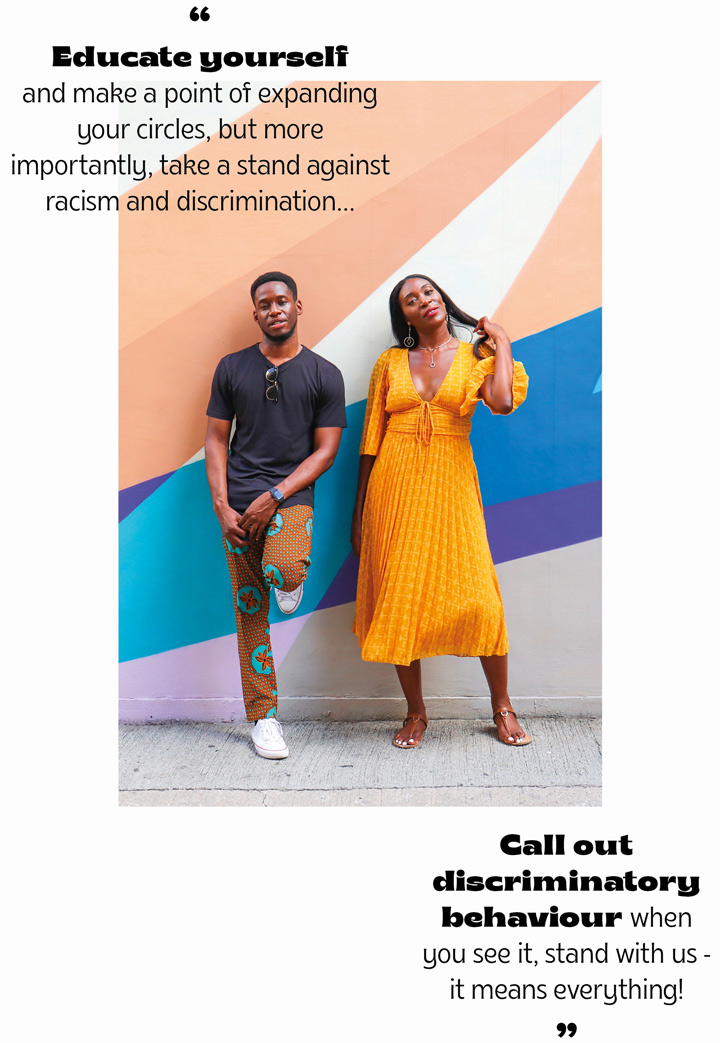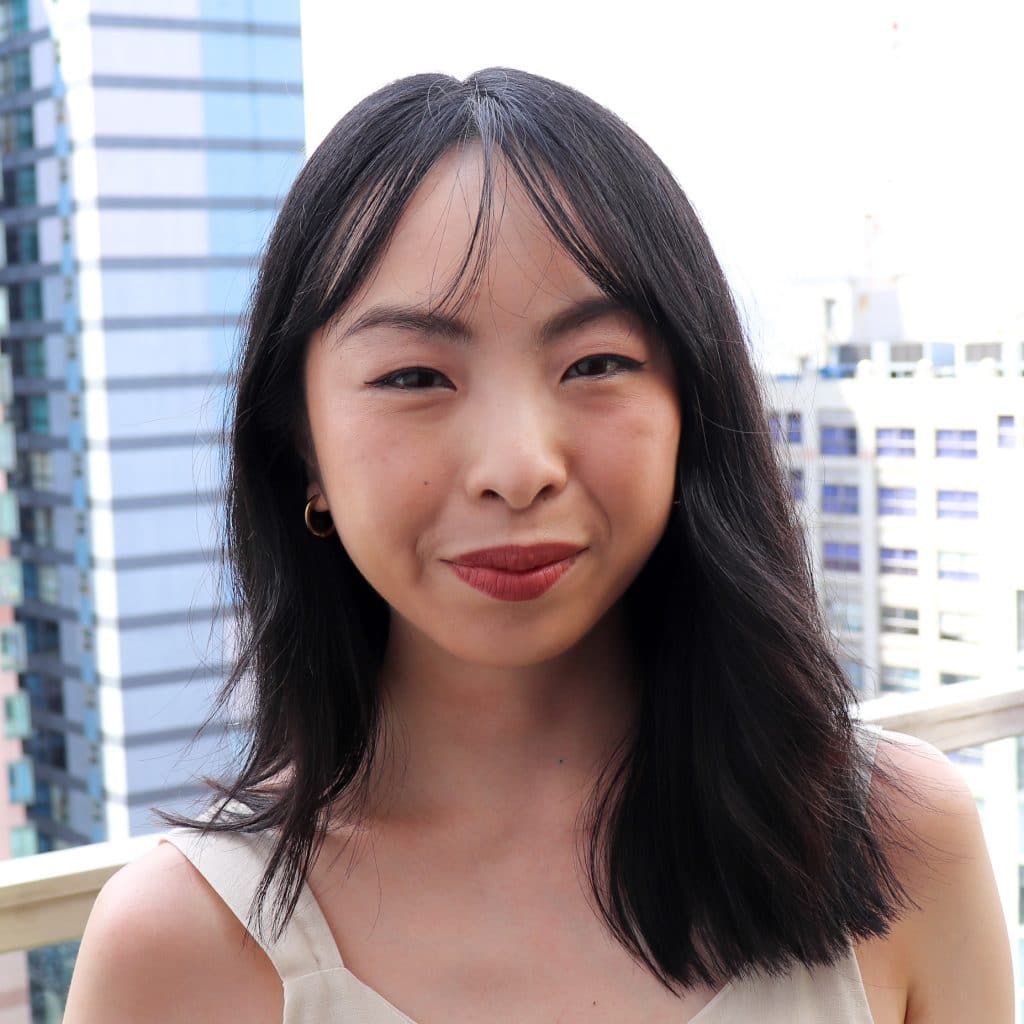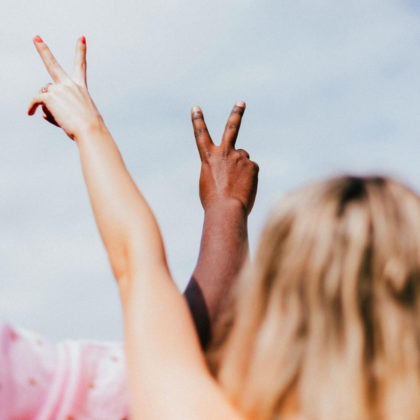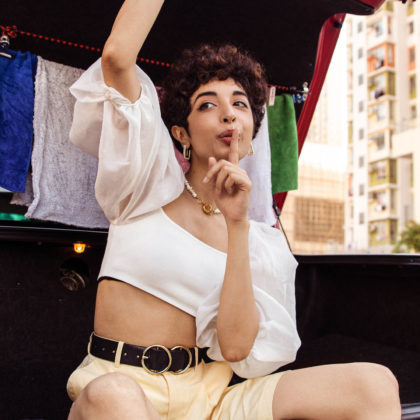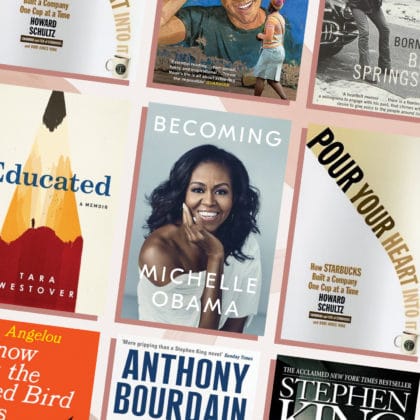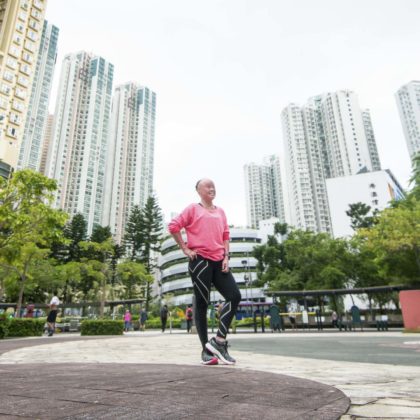Podcast hosts and founders Marie-Louisa Awolaja and Folahan Sowole, aka “Lou” and the “Fantastic Fo”, share their thoughts on the Black expat experience in Hong Kong, the role of HomeGrown in shaping perceptions of the city’s Black community and more…
If you haven’t done so already, drop everything and download an episode of HomeGrown the podcast now. The Hong Kong-based show, founded by Nigerian-British expats Lou and Fo, is easily one of the best things I’ve listened to this year, bringing together humour and relatable personal stories to touch upon timely themes like racism and representation as it stands in our community today.
In each 45-minute long episode, Lou and Fo sit down with a guest – a fellow Black expat – to chat about their experience moving to and living in Hong Kong. Through casual anecdotes, we get a glimpse into their life – their job, their aspirations, their struggles and more; in doing so, a picture forms of the Black experience, one that feels at times achingly familiar between expats, yet worlds away in the unique pressures and unfair perceptions that Black people are faced with on a daily basis.
Above all, celebration is at the core of HomeGrown – a celebration of diversity, of Black achievements in Asia and of the joy of living in Hong Kong, all while acknowledging the work that is still to be done in changing Asian – and global – views on Blackness.
Ahead, I catch up with Lou and Fo to learn more about HomeGrown, their thoughts on the Black expat experience in Hong Kong and what proactive steps we can take to support the Black community. Keep reading for more…
Read more: We Chat To The Editor Of Spill Stories About “Black In Asia” Anthology
First of all, can you tell us a little about yourself? Where are you from and how long have you been in Hong Kong?
Fo: I am Nigerian by way of London. I was educated both in Nigeria and the UK, and also lived in Taiwan for nine months before moving to Hong Kong. I have been here for just over two years now and I work as a product manager for an engineering company. Before Covid, work took me across Asia Pacific where I would often end up going to the less touristy and diverse parts of Asian countries. It showed me that a lack of diversity doesn’t always necessitate prejudice.
Lou: I’m also Nigerian by way of the UK. I mostly grew up in London but spent my formative years in Nigeria for secondary school, so I feel a strong affinity to both cultures. I first came to Hong Kong in the summer of 2018 on a work secondment and immediately fell in love with the city. Hong Kong feels to me like a mix of London and Lagos, which would explain why I feel so at home here.
I currently work at a law firm as a Race Strategy Manager but sadly have just moved back to London (at the end of May) to be closer to my stakeholders and the rest of my team. After two and a half years, it was really tough to leave!
We’d love to know what inspired you to start HomeGrown?
A friend of ours – a Black professional – was telling the story of how he had just been stopped by the police for the 19th time in the four years he has lived in Hong Kong. This kicked off a sprawling conversation about why this was happening and what, if anything, we could do about it.
We concluded that there is a general issue of “bad PR” when it comes to the Black community – in Asia and in other parts of the world. Assumptions are often made about our capabilities, intentions and other aspects of our existence, and so we made the decision to do our little part in addressing it.
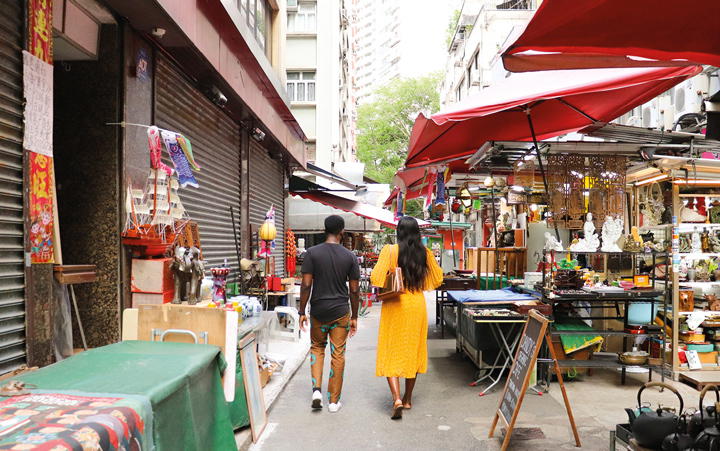
What do you want people to take away from listening to your podcast?
One of the first things we set out was our Mission Statement – which is simply to “inform, inspire and entertain through personal stories of Black expats”.
To break that down, we want to improve the perceptions of Black people in Asia; inspire Black people to make the leap and try a stint outside of their comfort zone; and give a balanced view of what it would be like to move, live and work here as a Black expat – all while having fun and engaging conversations with amazing people doing fantastic things out here.
Starting a podcast is hard work! What has been the biggest challenge of running HomeGrown?
Lou: Time! Starting and running a podcast, particularly around full time jobs, is extremely time-consuming – particularly as we do all aspects of the show ourselves! We try to be as efficient as we can but still make sure we are producing high-quality episodes for our audience and providing the best possible platform for our guests to share their stories.
Fo: For me it’s pep. Regardless of what’s happening outside of the podcast, the show must go on and our guests need to feel like they have an enthusiastic ear. They need to feel comfortable with sharing quite intimate and sensitive stories, and it needs to be fun. As hosts, we have a huge task in creating a safe and comfortable space where our guests can feel at ease – even more so when we record virtually.
On the flip side of that, what has been your biggest milestone since starting the podcast?
Being interviewed by you guys of course! The recognition we have received so far has been humbling. We always say that this show is so much bigger than us – we are creating a platform for our community, and also trying to be a part of shifting the psyche of society. For our work to be recognised tells us we must be doing something right, and also gives us an opportunity to reach even more people.
Read more: 10 Of The Best Podcasts To Listen To Right Now
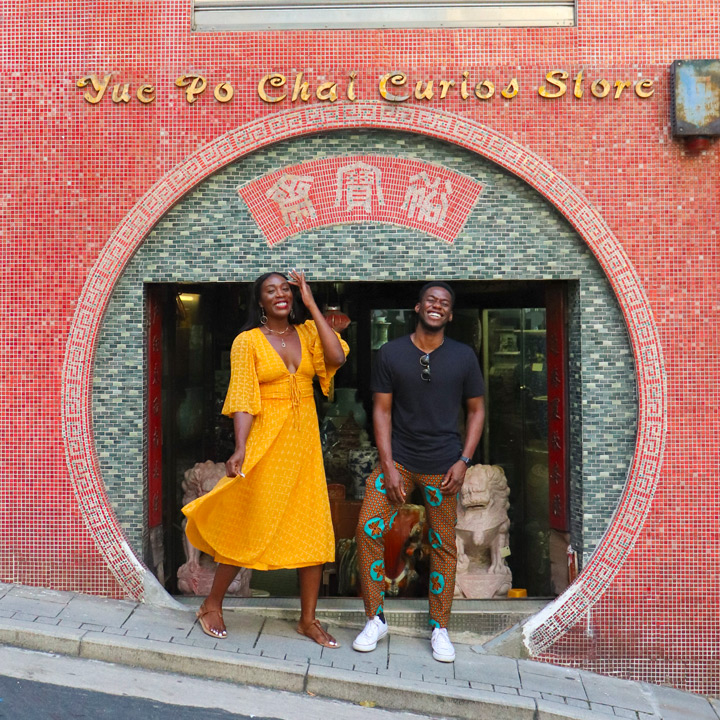
What has been the general reaction to the podcast?
Fo: The reaction has been fantastic! It’s always really lovely when we meet people that listen to the show, particularly when certain topics or themes have resonated with them. Plus, we’ve had a few comments about how the podcast was exactly what people needed prior to moving to the city, so it’s great to know it’s useful!
Lou: In terms of changing the narrative, we’ve had some teachers using the podcast as a teaching tool and it’s sometimes shared as a resource for people keen to learn about the Black experience too. Everytime that happens I get a little zing of excitement, like “we’re doing this, we’re really driving change!”. The articles and features are just the cherry on top.
Where do you hope to see the podcast in five years time?
Hopefully huge! We have a really good recipe, people seem to love it and we have only really gotten started. We will be expanding to other parts of Asia from next season, and who knows where else after that. We would eventually love to work alongside companies to encourage more Black work exchanges, internships and secondments in Asia, and we’re excited to make even more of an impact in driving conversation, changing the narrative and creating opportunities.
What has been your personal experience of being a Black expat in Hong Kong?
Fo: Frankly that of your standard privileged expat. Sometimes taxis don’t stop for me and sometimes the seat next to me on the MTR is empty, but I am reluctant to call that racism or prejudice – more taxis stop for me than don’t and more people sit next to me on the MTR than don’t.
Yet the door you come in through often determines your treatment in this or any city, so I imagine my expat status and relative wealth affords me a type of utopian existence in this beautiful but far from equal city. Mine therefore can’t be taken as a typical experience for Black people in the city, but that is why we speak to a diverse group of people on the podcast, from bankers to entrepreneurs, teachers, musicians and barbers.
Lou: There have absolutely been quite a few occasions where I have faced discrimination or micro-aggressions. But for the most part – and also as a result of the podcast – I have had a hugely positive experience. I have been able to build a diverse community of amazing people and really feel like I have made an impact in changing the common (and often negative) narrative of what it is to be Black in Asia.
Read more: Sassy Supports – Africa Center Hong Kong
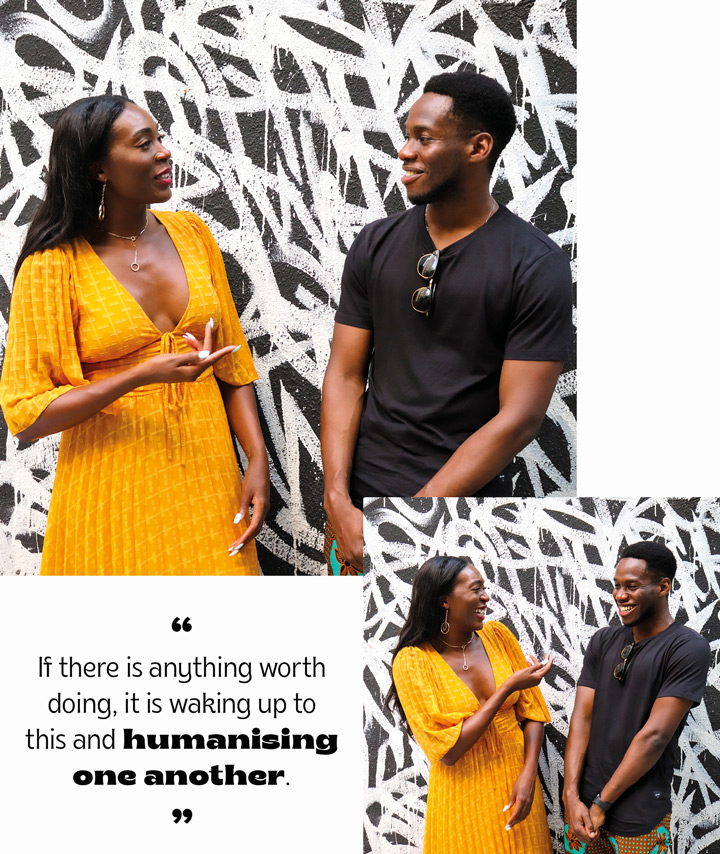
How have your experiences with racism differed in Hong Kong versus back home in the UK, if at all?
Fo: Way better than in the UK. My experience in Hong Kong and Asia has been pretty good over the three years I’ve been here. Some places are a lot more welcoming than others, but I have never had any overt hostility, unlike countless times in the UK.
Any negative experience has been born more from an unrefined curiosity or innocent ignorance in my opinion. I don’t believe that prejudice towards Black people (especially tourists, students and expats) is as much of a learned behaviour in Asia as it is in the West, or at least it is not an open prejudice.
Lou: Hong Kong was definitely a different experience coming from the UK. From a work perspective, I actually felt more comfortable here because in the office you’re either local or an expat, so there was an aspect of “other-ing” that just didn’t exist.
In the wider community, the small size of the Black community in Hong Kong meant that as a tall Black woman I automatically stood out…and that was a lot to contend with. It was really uncomfortable at first, and still is sometimes, but eventually it was something I learned to embrace and make the most of.
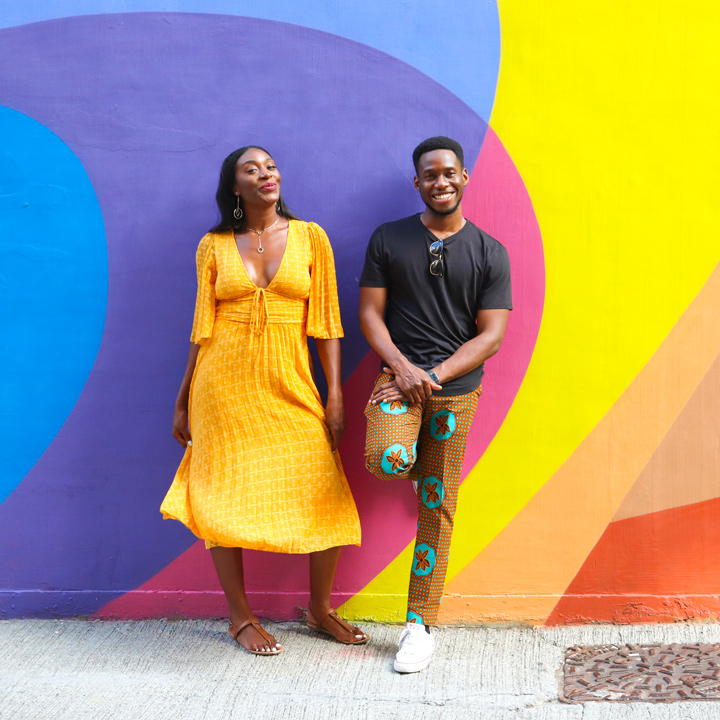
Aside from listening to HomeGrown, what proactive steps can we take to support the Black Lives Matter movement in Hong Kong?
Fo: BLM has brought a spotlight to race issues and more specifically race issues in America, but I think we should also be looking wider. I believe that a lot of the issues we face regarding race, gender identity, sex and sexuality, and other forms of diversity stem from the myth that our differences outweigh our similarities. If there is anything worth doing, it is waking up to this and humanising one another.
If you are looking to take part in some way, then my advice would be to befriend someone different, hire someone different or just speak to someone different. Learn about them, their story and their culture, and I think we’ll find that we’re all sort of coming from the same place. We would then be supporting each other, not only a movement.
Lou: I think it is important that we all act as allies to each other. Specifically around race and ethnicity, I would urge those in the majority groups to be active allies. Educate yourself, consciously challenge your biases and expand your circles – whether that’s who you spend time with, what media content you consume or where you spend your money. But most importantly, take a stand against racism and discrimination. Call it out when you see it and be a part of the change. Stand with us – it means everything!
Listen to HomeGrown via Apple Podcasts or Spotify
All images courtesy of Daisy Costello for Sassy Media Group. Big thank you to Blue Supreme for letting us use their gorgeous bar for photography.



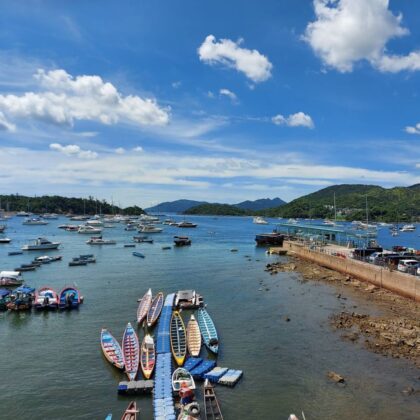
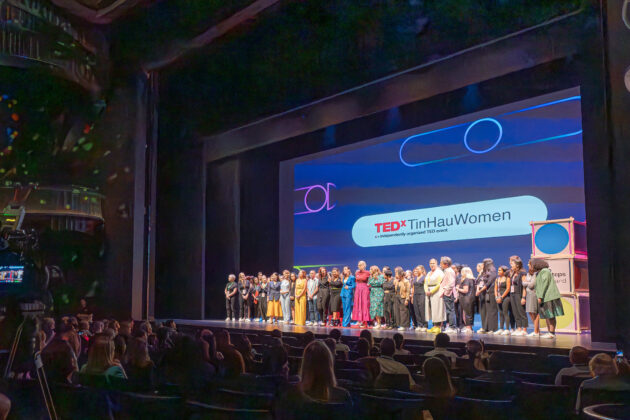
 Eat & Drink
Eat & Drink

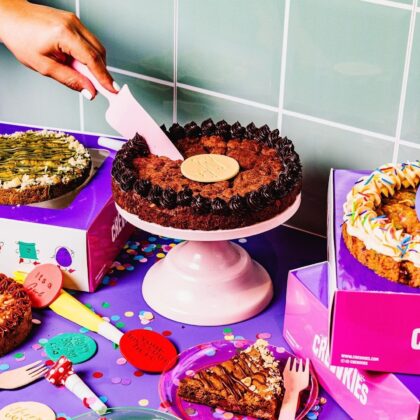

 Travel
Travel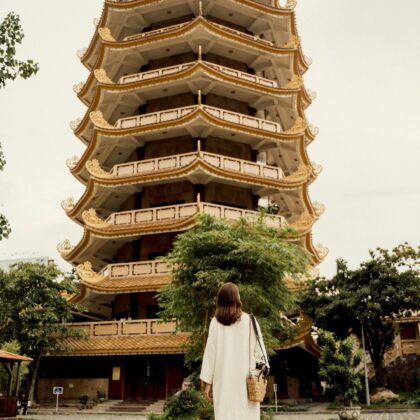

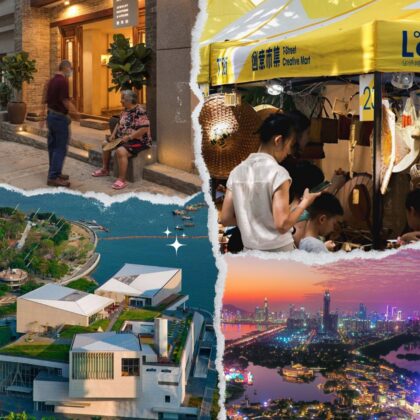
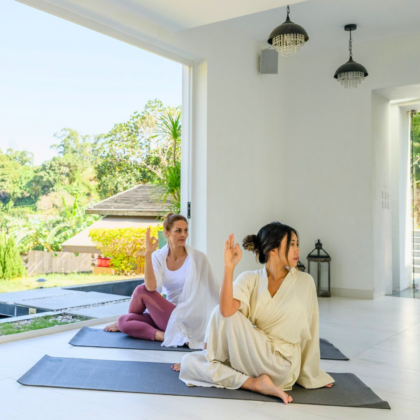
 Style
Style


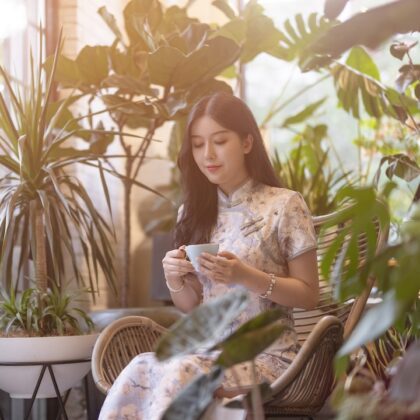
 Beauty
Beauty
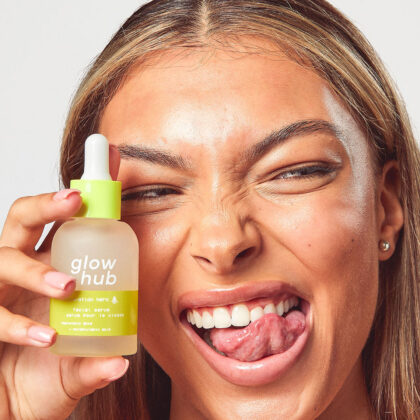
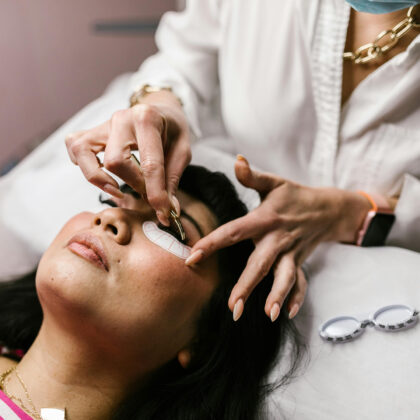

 Health & Wellness
Health & Wellness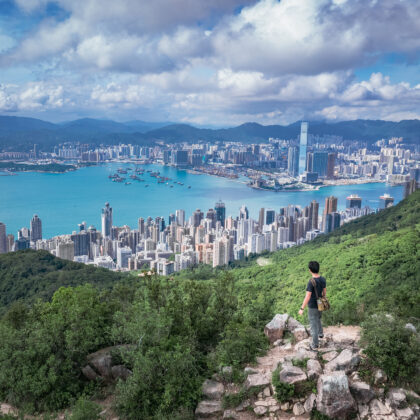
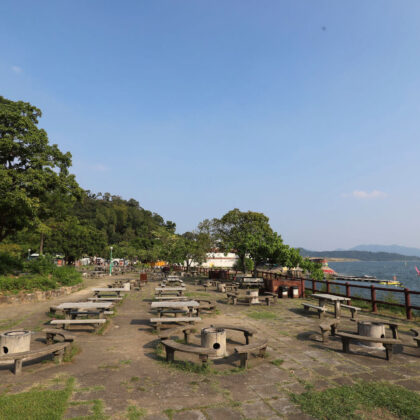


 Home & Decor
Home & Decor
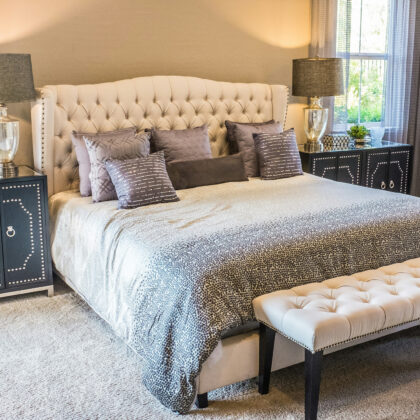
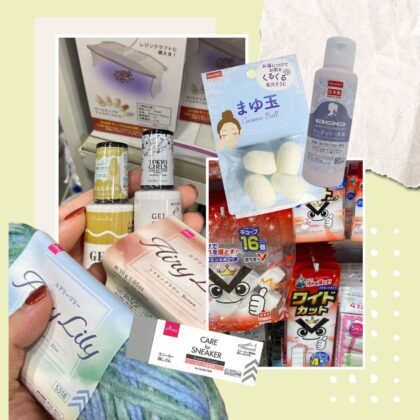
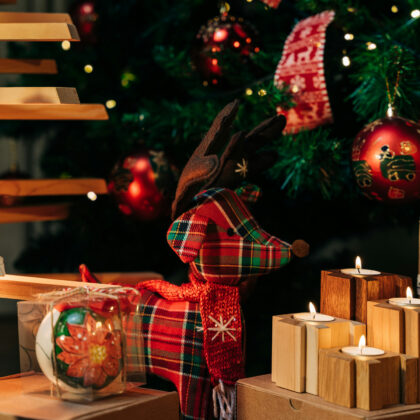
 Lifestyle
Lifestyle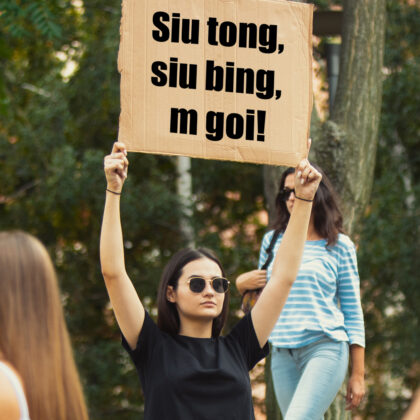
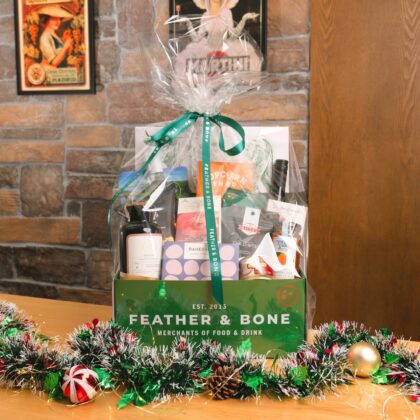

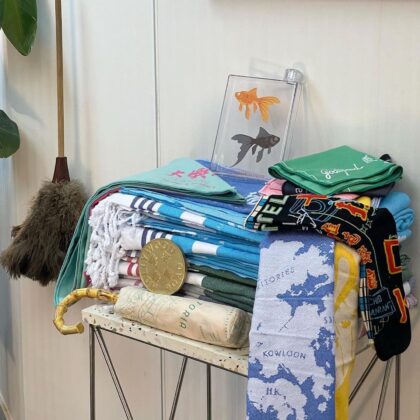
 Weddings
Weddings



